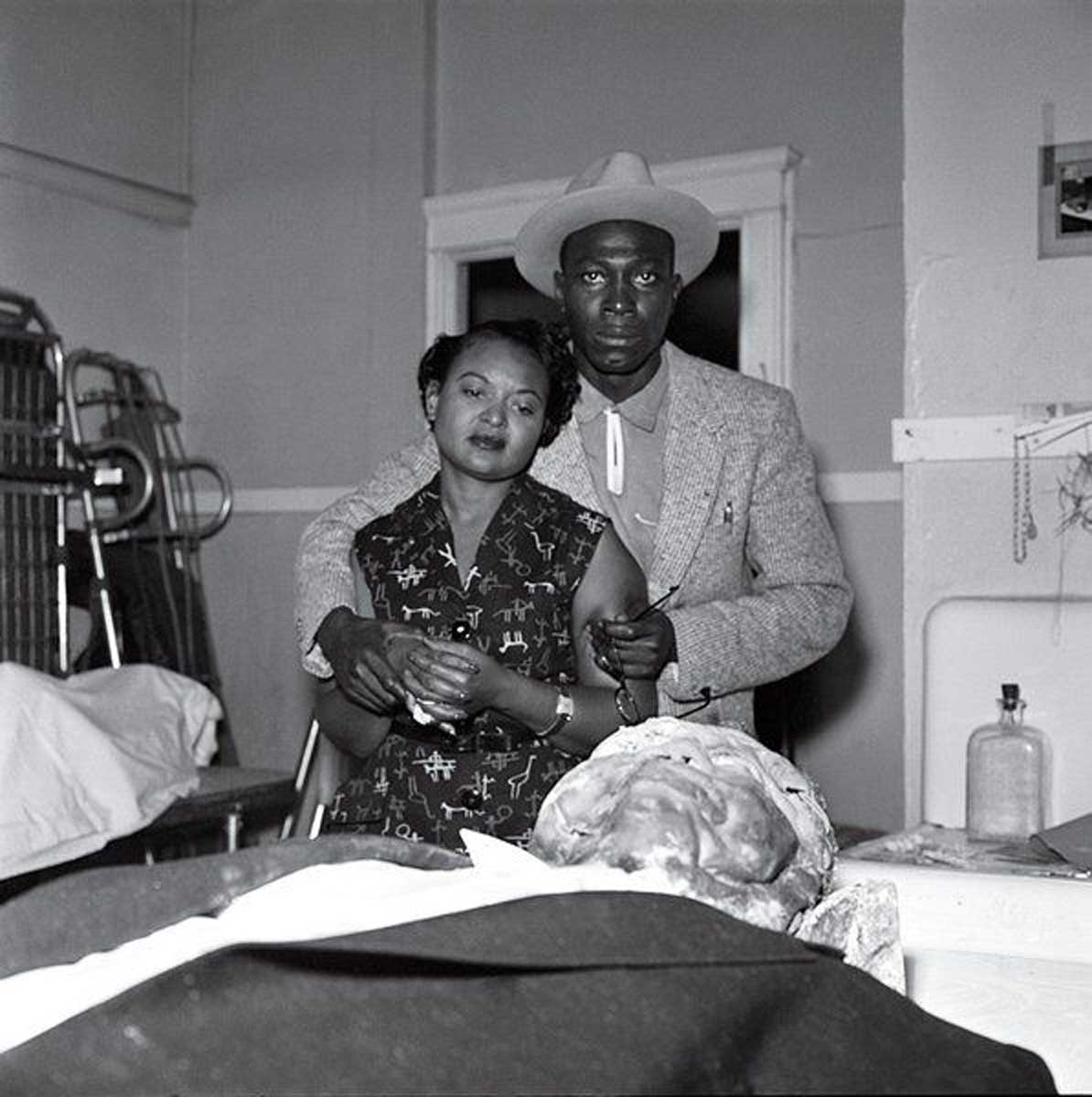OUR VIEW: Confronting a tragic past necessary to move forward
Published 1:45 pm Friday, August 9, 2019

- Bill Graham / The Meridian Star The Rev. Claud Dawkins and Joyce Johnson sing a hymn during the Community Remembrance Project in Hickory on Aug. 3.
Can the effort of a few dozen people in rural Newton County have an impact on how the community thinks about race relations in Mississippi?
The answer, we hope, is a resounding ‘yes.’
On Aug. 3, descendants of Frank Johnson, Dee Dawkins and William Fielder returned to Hickory to memorialize the three men, who were brutally murdered by a white mob in 1908. They were just three of a reported 656 lynching victims in Mississippi between 1877-1950, according to the Equal Justice Initiative. In East Mississippi alone, there were 61 reported lynching victims.
During the ceremony in Hickory, family members of the men reflected on the tragedy and memorialized the names of their relatives by collecting dirt from the site. The red clay was placed in glass bottles, which were sent to Montgomery, Alabama to be displayed with others at the National Memorial for Peace and Justice.
The center, which opened in the spring of 2018, is a national memorial commemorating the victims of lynching in the United States.
Confronting a traumatic time in history is not easy, but it’s necessary if we seek to avoid the mistakes of the past and move forward as a community, state and nation.
“No one wants to be reminded of it, but to move forward we have to be aware of it,” said Joyce Salter Johnson, a descendant of Frank Johnson who helped lead the commemoration in Hickory.
To be clear, racism serves no purpose in a civil society. It not only hurts the victims, but places a burden on the aggressors, who have to carry the weight of hatred in their hearts.
We applaud the efforts of the Johnson, Dawkins and Fielder families as they encourage us to find healing and unity.
And we hope their strength and resolve inspires other communities – especially those in East Mississippi – to confront their own tragic past, so that we can all learn and become stronger in the process.





